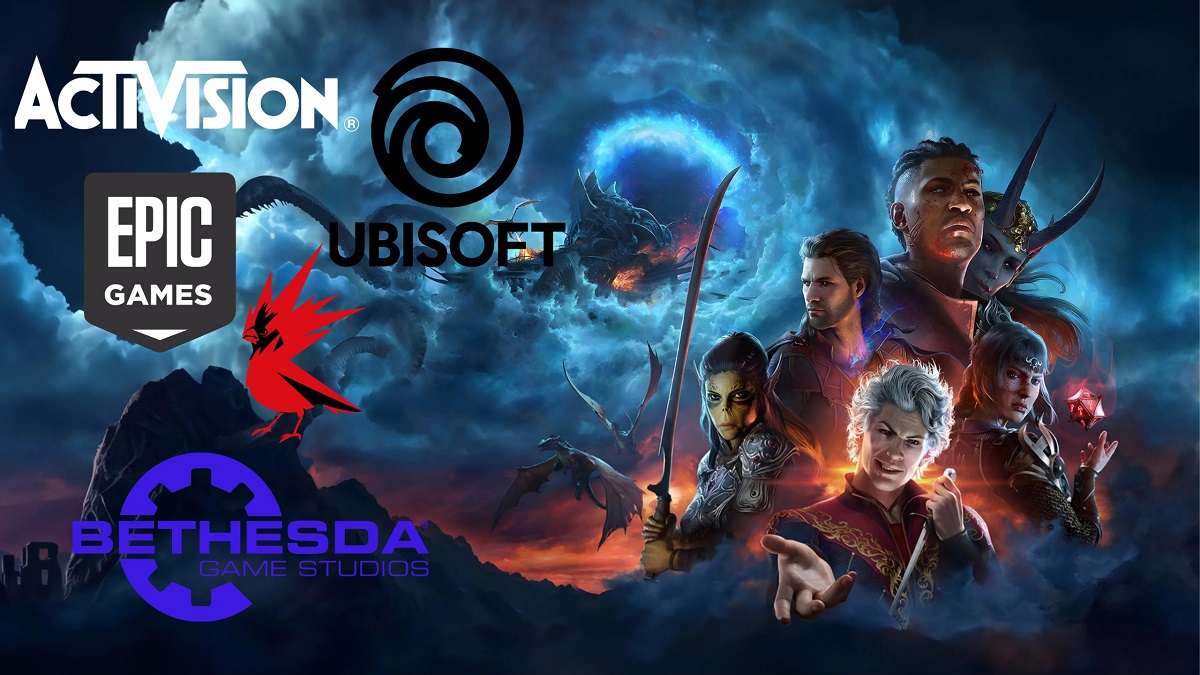
Many game developers in the industry — including some big names — apparently consider Baldur’s Gate III to be something of an anomaly; a title that shouldn’t set a new standard for products going forward. But by solely bringing attention to the “resources” that Larian had at its disposal, it seems that all of them are missing the point. If anything, the fact that the threequel to one of the most influential video game series in history has managed to garner such acclaim and attention from the community should give every major publisher today all the pointers they need to understand what gamers really want out of an experience — but that’s hardly the story being told at the moment.
Baldur’s Gate III is a masterpiece. You needn’t have looked any further than the feedback to the game’s early access period — which started all the way back in 2020 — to realize that the third entry was going to be a banger. And now that it has actually come out on Windows, hundreds of thousands of new players are joining in on the fun every day, and pouring dozens of hours into exploring this visceral interpretation of the Forgotten Realms by one of the most experienced RPG maestros out there.
The game is insanely massive in scale and content, boasting a hundred-hour story campaign and possibly double that with all the side quests and in-universe activities taken into account. Larian claims that the cutscenes alone run up to 170 hours, while the alternations to the narrative give players a whopping 17,000 ending variables. Oh, and yes, you get to make love to a human in bear form, or kick the living acorn out of a squirrel who randomly runs into your path. But if game developers think these are the reasons that are giving Larian an edge in the market, then they’ve simply lost touch with their customer base — which, in fairness, could also explain why we’ve had so many dissatisfying releases over the last couple of years.
Here’s the thing, folks. No one can deny that Larian Studios is in a very peculiar position. After releasing two consecutive hits in the form of Divinity: Original Sin and Divinity: Original Sin II, and working up a reputable name among the RPG-adoring community, the 400-member studio was in the perfect position to steal the crown from BioWare (the original Baldur’s Gate developer) as the ultimate RPG developer in the industry. Now, having spent more than six years in development, it’s safe to say that Baldur’s Gate III has accomplished that task to a large degree, but why should the rather predictable success irritate a lot of other industry peers, to a point that they feel the need to address it on social media?
And hey, if this was just an isolated incident, no one would’ve batted an eye, but this is the second time in as many years that prominent developers have lashed out against a game for nothing besides the fact that it’s doing its job right. (For reference, the other case was 2022’s Elden Ring.)
So, let’s make one thing absolutely clear: If this argument is in support of indie teams and small developers who are just starting out, well, it simply goes without saying that they wouldn’t be able to produce something as grandiose and ambitious as Baldur’s Gate III. And no one really expects them to, for that matter. But if these triple-A developers are saying that fans shouldn’t expect every game to be polished and well-thought-out as Baldur’s Gate III, then we have a bigger problem here.
It’s not as if only a few developers chimed in on the debate. Dozens and dozens of creatives from big names such as Electronic Arts, Ubisoft, CD Projekt Red, Rockstar Games, Bethesda, and Bungie either lent their opinions to the debate or retweeted posts that reinforced this hot take, so what does that really say about the state of the industry? Sure, perhaps an indie team doling out a meager budget at every turn, with their continued existence hanging by a thread, wouldn’t be able to compete with Larian if the entire gaming sphere suddenly decided to set the bar at Baldur’s Gate III and accept nothing less, but that’s not really the case, is it? And we aren’t really talking about those small teams here, are we?
If Larian has a manpower of 400 game designers and spends five to six years in development, well, so do the rest of triple-A studios. Some of those big names host production crews that number in the thousands, so why aren’t they able to compete with this supposed game of all games in terms of scale and ambition? Do Larian’s coffers run so inexplicably deep that they can afford to experiment with their formula while big powerhouses like Ubisoft and Electronic Arts and Rockstar can’t? As far as we can see, almost every triple-A game nowadays spends five to six years in development, and that has been the case for a long time. So, what is it, really, that singles out Larian in this inundated market?
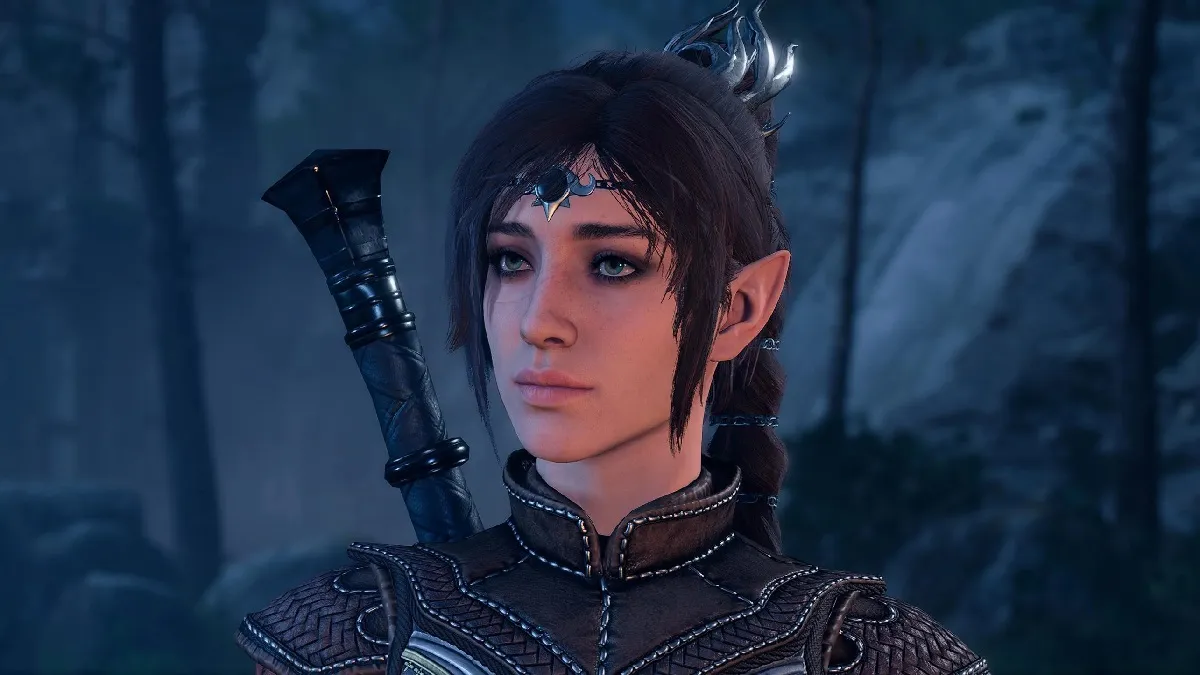
Well, the answer to that question might not be a comfortable thought to ponder for a lot of these devs. Whether it’s working for these big corporations, or the fact that the curve of the industry pushes them down a certain creative path, many AAA game designers have forgotten what it is that gamers truly value. Larian is a studio that has been doing everything right from the get-go, so the acclaim they ultimately receive for those efforts might come off as perplexing to people who are, admittedly, giving the project their best and not being recognized with that same stamp of approval from the community. And you know what? Maybe that’s a great thing. This is a conversation that we should’ve had years ago, but the fact that we’re doing it now can only bode well for the industry and the consumers in the long run.
Gamers aren’t spending $70 dollars on Baldur’s Gate III because they’re getting their money’s worth in content. Gamers value commitment and care. Gamers are looking for a complete game that isn’t marred by countless technical issues and bugs at launch. Are these devs indirectly implying that Larian Studios is able to deliver a polished and complete experience but Respawn Entertainment and Naughty Dog can’t? Just look at the state Star Wars Jedi: Survivor or even the long-anticipated PC port of The Last of Us were released in. Consider Forspoken, or Hogwarts Legacy, or Redfall. The list goes on and on.
Besides, just because Baldur’s Gate III is proving to be an exception in this dismal landscape of “profit first, asks questions later,” doesn’t mean that people are going to stop buying those other games. But maybe that’s what they should be doing. As far as we can tell, all those other titles are still selling well despite their shortcomings. There’ll always be a market for annual franchise releases that have long forsaken creativity or innovation, so one game setting the bar high isn’t going to change anything.
Players aren’t going to scoff at a game for only having 10 hours of content if that game is genuinely decent. In fact, the community is actively seeking out experiences that surprise and dazzle them, so it’s not always about the scale of the project. People will, however, criticize a game for being a very obvious cash-grab attempt, or for resorting to universally lambasted and discernibly hated practices like microtransactions.
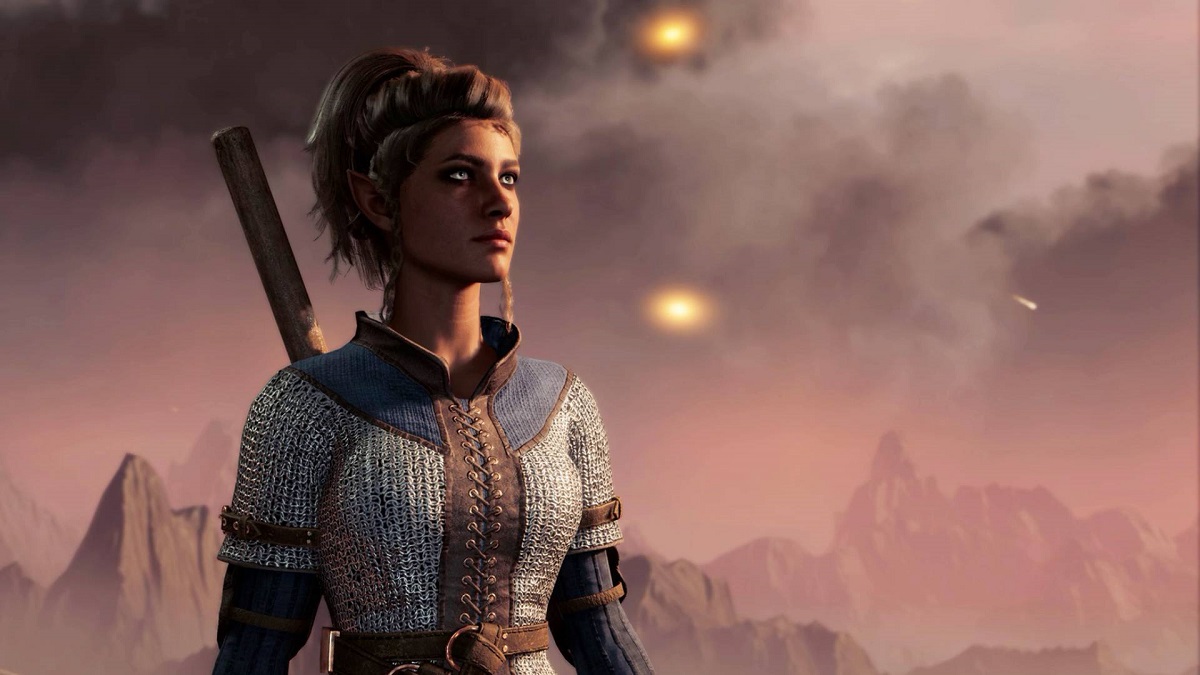
That’s not to say Larian isn’t in this for the money. This is the ultimate incentive behind every creative endeavor, in any industry. But the studio is shrewd enough to understand that by avoiding something like microtransactions and even boldly throwing it in the face of other studios, they’re winning gamers over in the long haul. The idea seems simple enough; respect what the community is asking of you, and they’ll pay it back tenfold.
The initial commotion involving Baldur’s Gate III may have been nonsensical rhetoric by frustrated developers, but perhaps the dreaded outcome is exactly the kind of behavior gamers should adopt. The beauty of a free market is in the competition, and competition will always end up benefitting the customer. If all you have are games and developers that don’t respect your wishes, then that’s all you have. But when a studio like Larian and a game like Baldur’s Gate III come along, they oh-so-vexingly disturb the order of things. They compel audiences to think about the treatment they’ve been receiving so far, and perhaps make them go, “You know, maybe this isn’t how we should have it.”
Many of these devs aren’t even disparaging Larian. As fellow game designers themselves, they understand the effort — or as Jason Schreier would say it, “the blood, sweat, and pixels” — that goes into developing such a behemoth. All they’re saying is that gamers shouldn’t have such high expectations of their own games, but that’s not how it works, and raising awareness about what they perceive as an “anomaly” isn’t going to change anyone’s minds once the die is cast.
What they can do is make great games, or at least try to do so. And if it fails… well, it fails. That’s just the life of an artist.
from All the latest Gaming News, Reviews, Trailers and Gameplay Previews! PC and Console! https://ift.tt/aM6HPN4

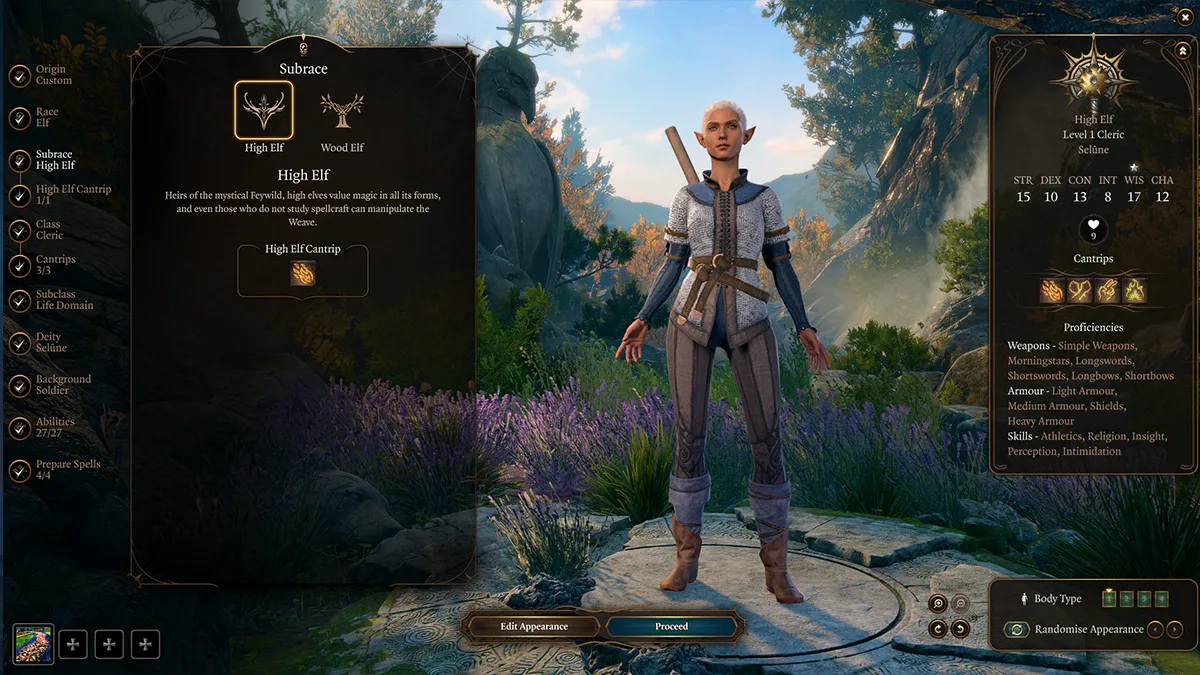
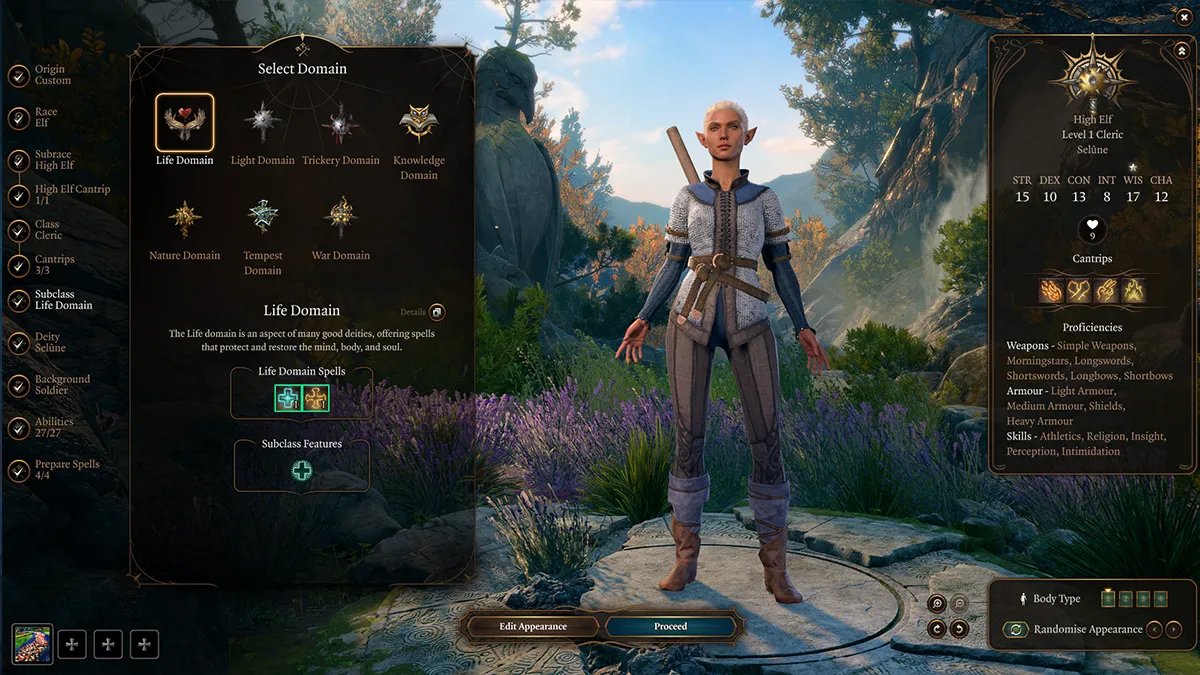
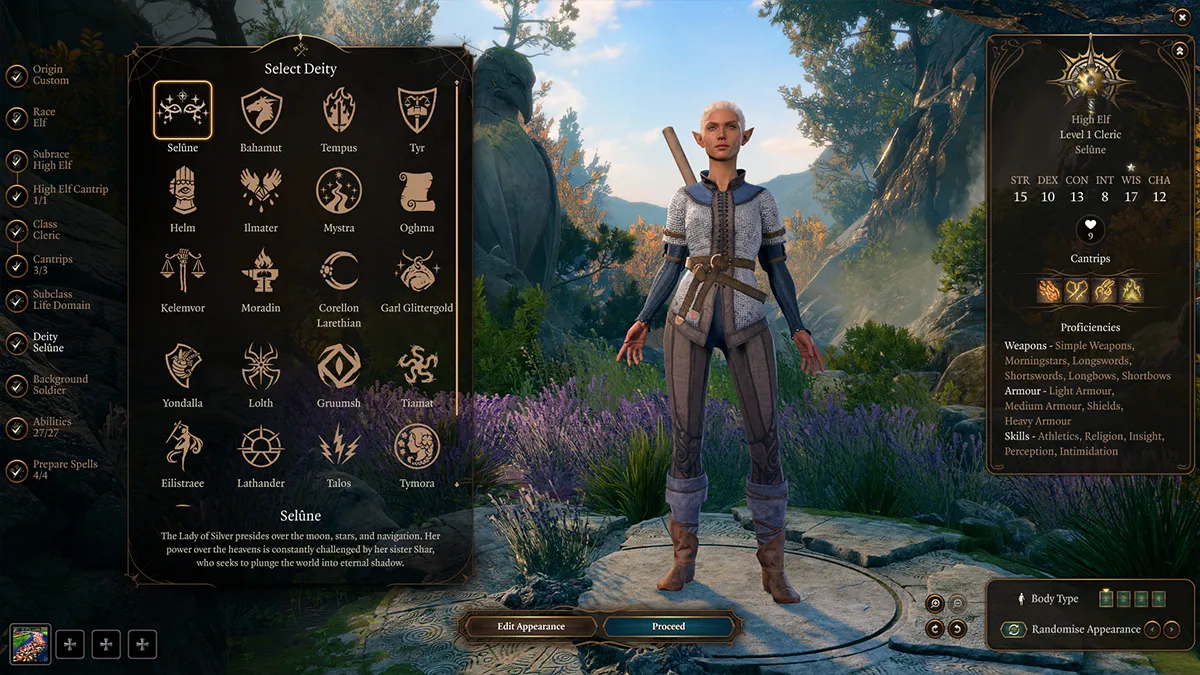
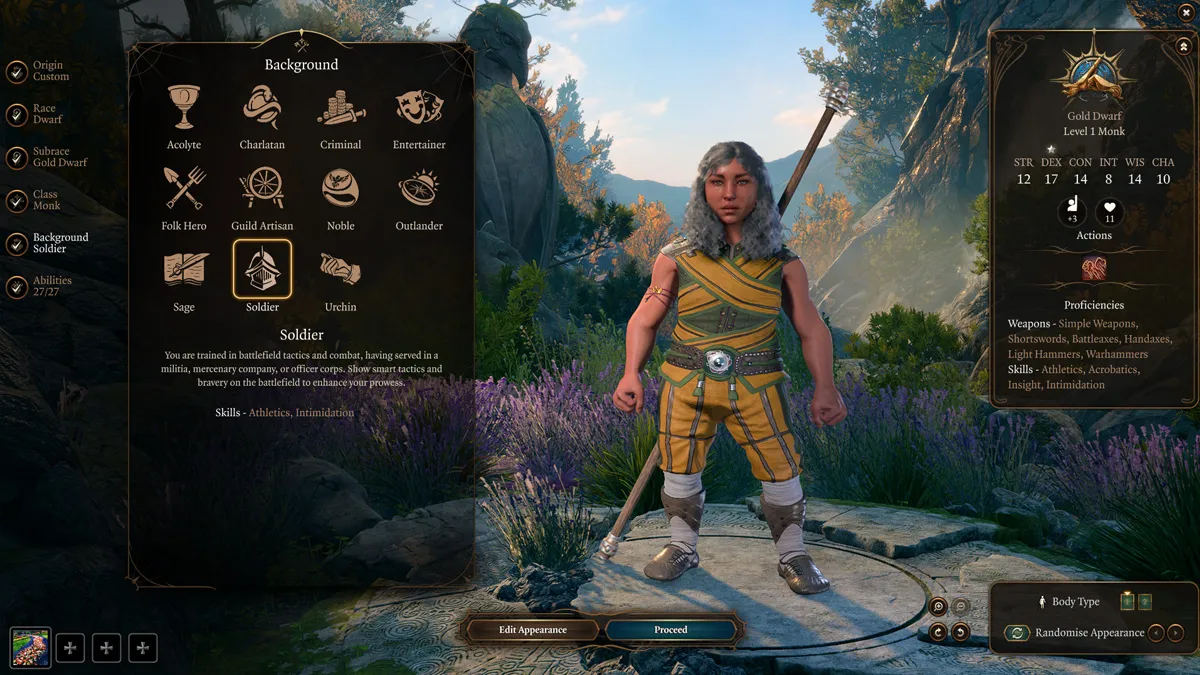


0 comments: